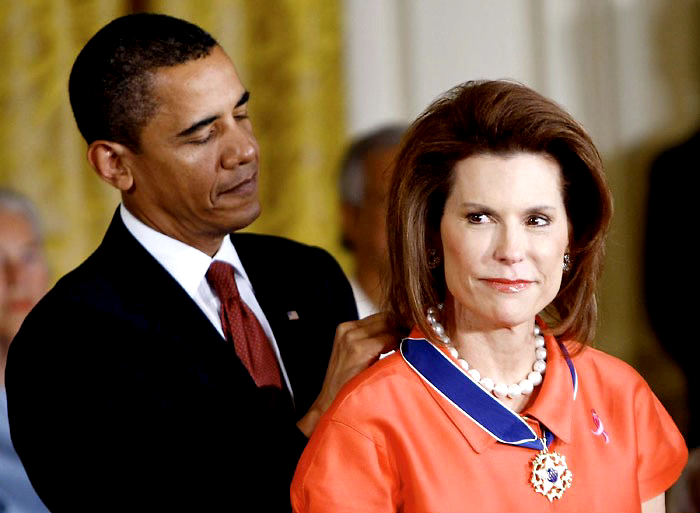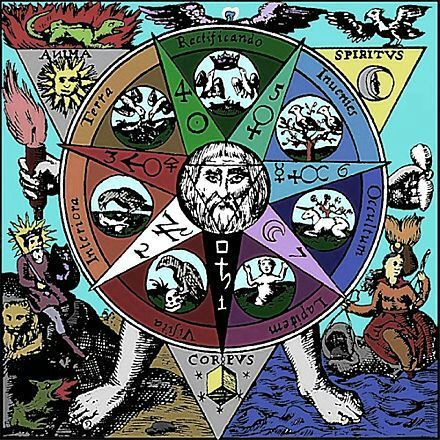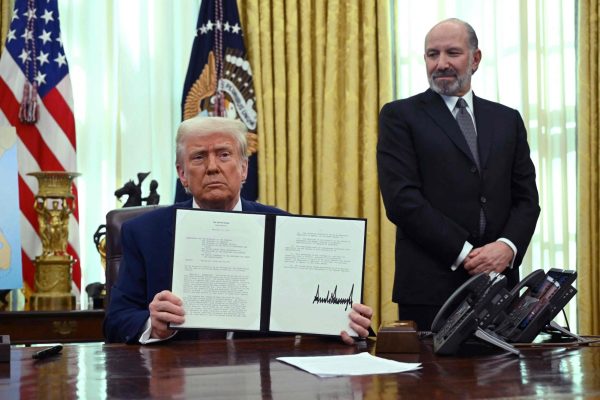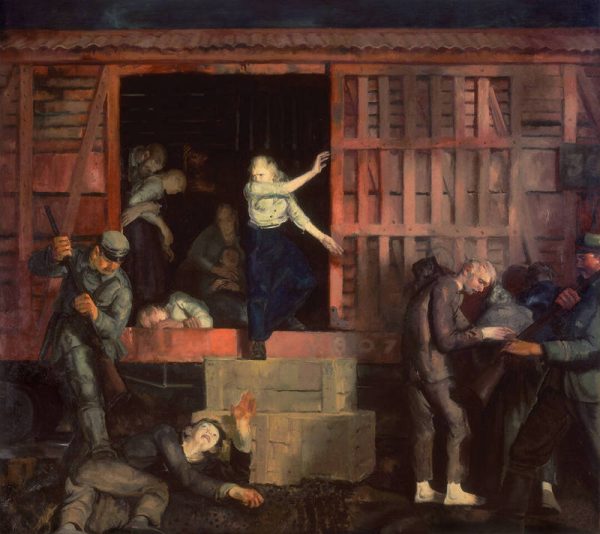Reliance on Russian Resources
As the ongoing conflict between Russia and Ukraine continues to persist, the world watches as numerous economies endure hardships in result. Russia’s leading role in distribution of vital supplies has consequently taxed nations in Europe and across the globe.
Natural resources are a major component in Russia’s economy and international trade. The Russian Ministry of Natural Resources estimates that Russian natural resources amount to a value equivalent to 873$ billion dollars. 47.8% of Russian revenues originate solely from oil and gas industries. This gas and oil provide fuel for cars, home heating, and farm machinery. Russia also exports 10.5 million barrels of crude oil per day. Not only does Russia possess a large inventory of oil, but they also have a large supply of metals. Some of these metals include aluminum, nickel, palladium, and vanadium. These metals are used largely to produce steel and automotives. As some access to these materials has been restricted or cut off, a massive impact has been made on Russia’s foreign policy and involvement globally.
Due to the continuing war, these resources have become many countries’ target for sanctions. In attempt to limit Russia’s access to wealth, the United States has prevented Russia from completing debt payments in American banks using foreign currency. Crucial Russian banks have also been disconnected from an international finance messaging system, Swift. This has proven to buffer payments to Russia for oil and gas exports. The UK has frozen Russia’s access from its financial institution holding Russian assets and western countries have placed a variety of sanctions and restrictions. The EU has also banned Russian oil imports transported by sea, postponed importing coal, and plans to stop all refined oil product imports by February of 2023. These sanctions have severely affected nations across the world due to resource shortages. The United States and Europe are highly reliant and dependent on oil and gas from Russia. Gas prices have increased exponentially, and inflation has soared. Thus, the American and European energy market has been disrupted. Russia provides for one third of European natural gas usage. The EU also relies on Russia for over a quarter of its crude oil. Hundreds of tankers and ships have been drawn away from the Black Sea and remain unable to unload cargo due to these sanctions.
Despite efforts made to survive without its exports, Europe still relies heavily on Russia. Europe has turned to LNG imports from Russia. LNG, liquified natural gas, is a chilled form of gas transported by tankers. Demands for LNG have risen as Europe tries to replenish its fuel supply before the arrival of the winter season, as it is needed for fuel and heating systems. Russia currently accounts for 15% of Europe’s LNG supply. LNG is suspected to continue being purchased to supply Europe even in 2023. This could potentially backfire on Europe as supply could be cut from Russia because of war tensions. Regarding LNG and energy resources, NATO allies concurred that “Russia is the most significant and direct threat to their security and peace.” Although Russia is likely making less revenue selling LNG than its previous exports, this still leaves Europe in a dependent relation with Russia, making it vulnerable.
As the war continues, many countries continue to suffer the repercussions, and global trade has experienced considerable damage. Although the main impact is on gas and crude oil supply, countries lacking resources also experience inflation and food shortages. Some of the countries most at risk of being subject to these conditions are Egypt, India, and Turkey. Egypt for example, obtains around 80% of its wheat from Russia and Ukraine. Countries in Africa are also subject to recession, higher energy prices, and other economic difficulties.
Though hardships will likely continue to be present within these nations, political leaders hope to continue to making efforts to aid the cause whilst still restraining Russia’s power. For example, Executive Director of the International Energy Agency, Fatih Birol, stated “Russia’s use of its natural gas resources as an economic and political weapon show Europe needs to act quickly to be ready to face considerable uncertainty over Russian gas supplies next winter.” This was presented during his written statement explaining a new plan to reduce the European Union’s reliance on Russian gas. They seek to broaden their sources of energy in an attempt to reach this goal.





































